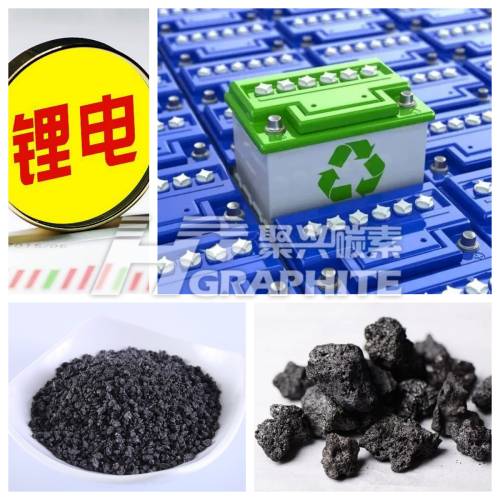【Petroleum coke】What petroleum coke is used for negative electrode materials?

What petroleum coke is used for negative electrode materials?
High-quality petroleum coke is used for negative electrode materials in lithium-ion batteries, which generally require purification, crushing and particle size screening, graphitization, surface modification, and other processes. The entire process is relatively long, and there are many factors that affect the final effect.
The most concerned issues are:
(1) The mechanism of changes in the structure of carbon materials with temperature;
(2) The relationship between the performance of negative electrode materials and the structure of carbon materials;
(3) Are there any suitable carbon materials to meet the needs of power lithium-ion battery negative electrode materials?

The post-heat treatment of high-quality petroleum coke is divided into two stages: calcination and high-temperature graphitization.
Calcination refers to the calcination process below 1500℃, and high-temperature graphitization refers to the high-temperature treatment process close to 3000℃.
High-quality petroleum coke produced by delayed coking process undergoes rotary kiln calcination, significantly reducing moisture and volatile matter, making transportation and storage more convenient. In the graphitization process, the temperature is a critical factor that affects the graphitization degree of high-quality petroleum coke. Follow us for more information on the negative electrode material petroleum coke product.
No related results found








0 Replies